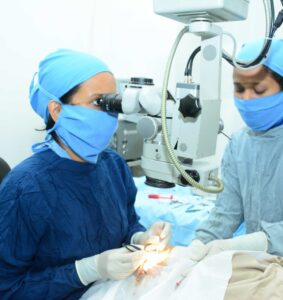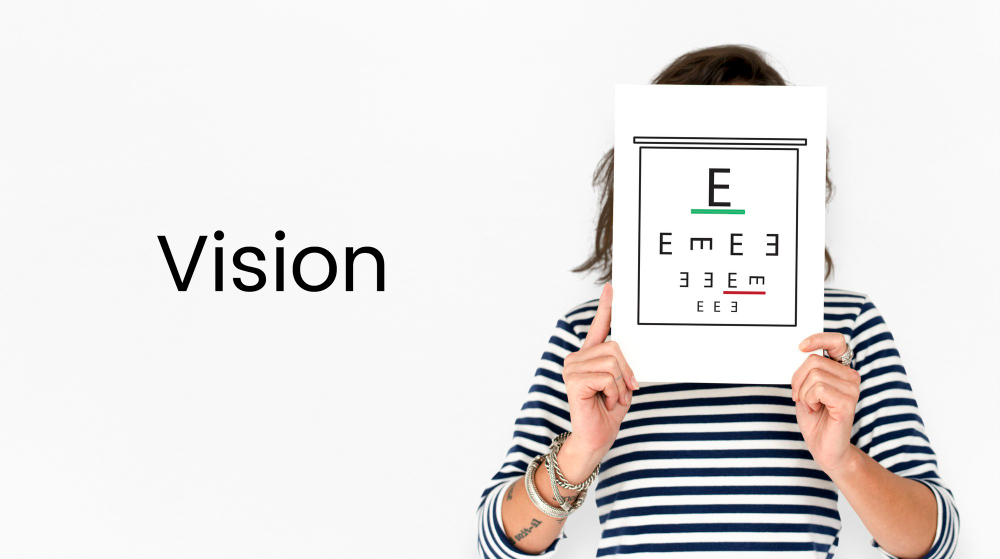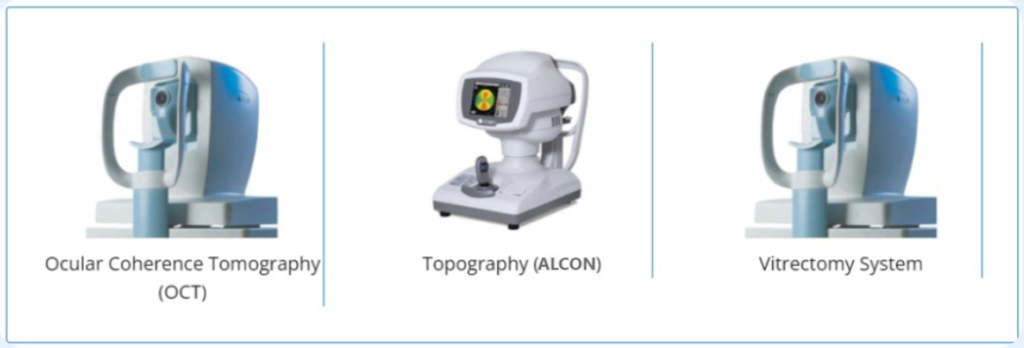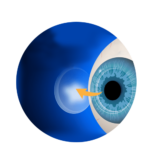Cornea Treatment
What Happens in Cornea Treatment ?
Restoring vision, reducing pain, and maintaining eye health are the goals of cornea care. Treatment is frequently tailored to the needs and circumstances of each patient, with the specific strategy depending on the type and severity of the corneal ailment. For a comprehensive assessment and a customized treatment plan, it is imperative to speak with an ophthalmologist.







What Are the Signs of Cornea Problems?
The process of identifying a corneal condition usually include identifying particular symptoms and scheduling an expert eye test. The following are some typical symptoms that might point to a corneal issue:
Diagnostic Tools & Advanced Technology?
For better eye health outcomes, we can diagnose you more quickly using our state-of-the-art technology package.

Treatment Options ?
To save your life and restore your vision, take advantage of the most cutting-edge glaucoma treatment alternatives now offered.



Good To Know Cataract Questions
Reach Out To Us to Know More on the Services by filling out the Form.